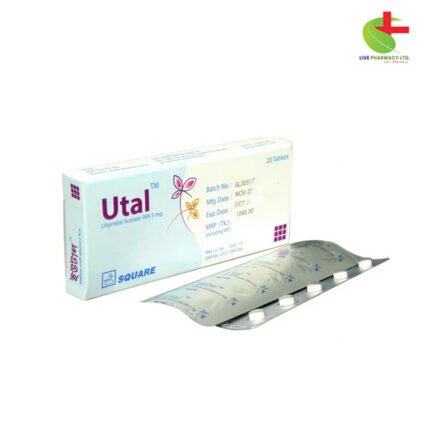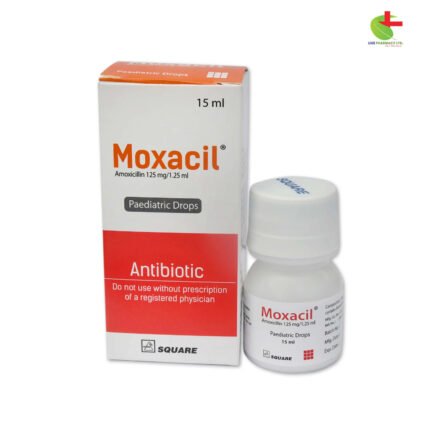Entacyd Plus Suspension
90.00৳ Bottle
- Experience rapid relief from hyperacidity symptoms with our innovative formula.
- Specifically formulated to address gastrointestinal disorders like peptic ulcers and gastritis.
- Combines aluminum hydroxide, magnesium hydroxide, and simethicone for effective acid neutralization and gas alleviation.
- Trusted by healthcare professionals for its efficacy and long-lasting action.
 Brand
Brand
|
Square Pharmaceuticals PLC |
|---|---|
 Generics
Generics
|
Aluminium Hydroxide + Magnesium Hydroxide + Simethicone |
 Type
Type
|
Suspension |
 Size
Size
|
200 ML |
Indications
Our medication is recommended for the symptomatic relief of hyperacidity linked with various gastrointestinal conditions such as peptic ulcer, gastritis, peptic esophagitis, gastric hyperacidity, heartburn, sour stomach, or hiatus hernia. It is also effective in preventing stress ulceration and gastrointestinal bleeding. Additionally, it acts as an antiflatulent, easing gas-related discomfort, including post-operative gas pain. This fast-acting formula swiftly alleviates acid pain, disperses gastric foam, and aids in the release of gas and air through belching.
Composition
Each tablet comprises:
- Dried Aluminum Hydroxide Gel BP (Al2O3, minimum 47%): 425.53 mg
- Magnesium Hydroxide BP: 400 mg
- Simethicone USP: 30 mg
Each 5 ml of suspension contains:
- Aluminum Oxide (Equivalent to Aluminum Hydroxide Gel USP): 200 mg
- Magnesium Hydroxide (Equivalent to Magnesium Hydroxide Paste USP): 400 mg
- Simethicone USP: 30 mg
Pharmacology
This medication combines non-systemic acid-neutralizing agents with antiflatulent properties. It offers both reliability and prolonged action. Aluminum Hydroxide and Magnesium Hydroxide work by neutralizing gastric acid secreted by the stomach’s parietal cells, thereby relieving ulcer symptoms. Simethicone’s clinical use is based on its ability to combat foam formation. It coats the surface of liquids in the gastrointestinal tract, reducing surface tension and causing foam bubbles to collapse. Simethicone aids in the coalescence and expulsion of gas bubbles surrounded by mucus in the GI tract.
Usage & Administration
For tablets: Take 1-2 tablets 1-3 hours after meals and at bedtime, or as directed by your healthcare provider.
For suspension: Take 1-2 teaspoonfuls 1-3 hours after meals and at bedtime, or as directed by your healthcare provider.
Interactions
All antacids may influence the absorption rate and/or extent of concomitantly administered oral drugs. They can decrease the bioavailability of medications like theophylline, tetracycline, quinolone antibiotics, isoniazid, ketoconazole, ethambutol, certain antimuscarinic drugs, benzodiazepines, phenothiazines, ranitidine, indomethacin, nitrofurantoin, fluoride, phosphate, propranolol, atenolol, digoxins, and vitamins, among others. Conversely, antacids may increase the bioavailability of drugs such as sulphonamides, levodopa, valproic acid, and enteric-coated aspirin.
Contraindications
This medication should not be used in patients with renal failure or hypophosphatemia, or in those who are severely debilitated. It is contraindicated in cases of alkalosis and hypermagnesemia, where abdominal distension may indicate partial or complete intestinal obstruction.
Side Effects
Gastrointestinal side effects are rare. In some cases of excessive consumption, diarrhea, constipation, or regurgitation may occur.
Pregnancy & Lactation
It is advisable to avoid antacid preparations during the first trimester of pregnancy.
Precautions & Warnings
Use caution when administering this medication to patients with kidney disease.
Therapeutic Class
Antacids
Storage Conditions
Store below 30°C, away from light and moisture, and out of reach of children













Reviews
There are no reviews yet.